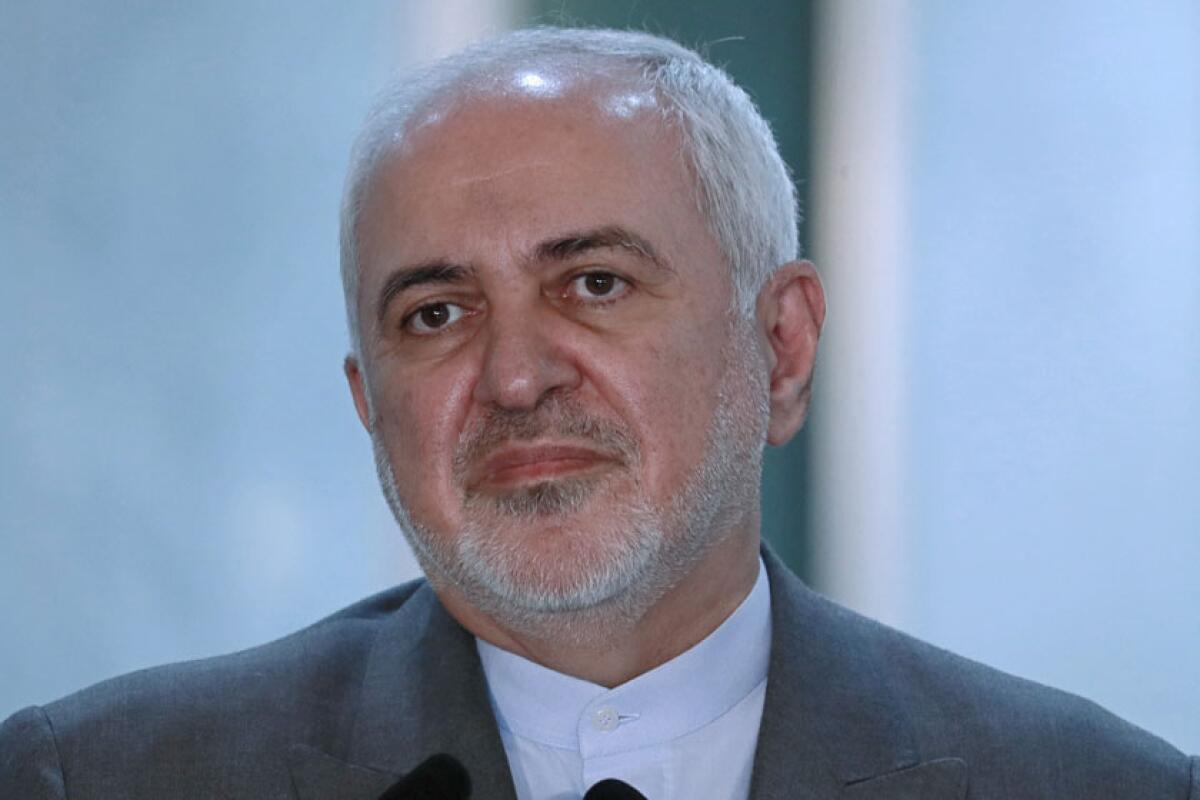Editorial: Negotiations are still the best way to prevent an Iranian nuclear weapon

Just as negotiations to revive the Iranian nuclear agreement were showing signs of progress, an attack on an Iranian nuclear facility threatens to derail the talks and escalate tensions between Iran and Israel. It’s an ominous development.
On Sunday, an electrical blackout occurred at the facility in Natanz where Iran is operating new centrifuges to refine uranium. Multiple news organizations are suggesting that the attack was carried out by Mossad, Israel’s intelligence service.
On Monday, Iranian Foreign Minister Mohammad Javad Zarif warned that Iran would take revenge against Israel. He also suggested that the attack would strengthen Iran’s hand in negotiations designed to restore the 2015 Joint Comprehensive Plan of Action. That’s the international agreement in which Iran agreed to accept significant limitations on its nuclear program.
After then-President Trump recklessly repudiated the agreement and reimposed sanctions on Iran, the Islamic Republic moved to violate some of the terms it had accepted, including the limits on enrichment. Last week, diplomats from the U.S., Iran and other countries gathered in Vienna to try to reinvigorate the deal.
President Biden has said he would be willing to lift sanctions if Iran returned to strict compliance. But an escalation in the so-called shadow war between Israel and Iran could make that outcome less likely.
After meeting with U.S. Secretary of Defense Lloyd J. Austin III, Israeli Defense Minister Benny Gantz said Sunday that Israel “will work closely with our American allies to ensure that any new agreement with Iran will secure the vital interests of the world, of the United States, prevent a dangerous arms race in our region and protect the state of Israel.”
But it’s unclear that Israel would accept a deal negotiated by the Biden administration. In 2015, Prime Minister Benjamin Netanyahu traveled to the U.S. to warn Congress against the nuclear agreement being negotiated by the Obama administration even before the deal was completed.
Israel might argue that it is playing “bad cop” to America’s “good cop.” And the U.S. has itself acted against Iran in the past, most recently by assassinating Iranian Gen. Qassem Suleimani in 2020. The U.S. is also suspected of joining Israel in developing the Stuxnet computer worm that crippled centrifuges at Natanz in the past.
But at this delicate time, attacks on Iran by other countries raise the risks of further empowering hard-liners in Tehran and scuttling any return to compliance by the Islamic Republic, let alone progress toward the “stronger and longer” agreement the Biden administration seeks. The administration needs to make it clear — including to Israel — that diplomacy remains the safest and best path to preventing Iran from acquiring a nuclear weapon.
More to Read
A cure for the common opinion
Get thought-provoking perspectives with our weekly newsletter.
You may occasionally receive promotional content from the Los Angeles Times.










